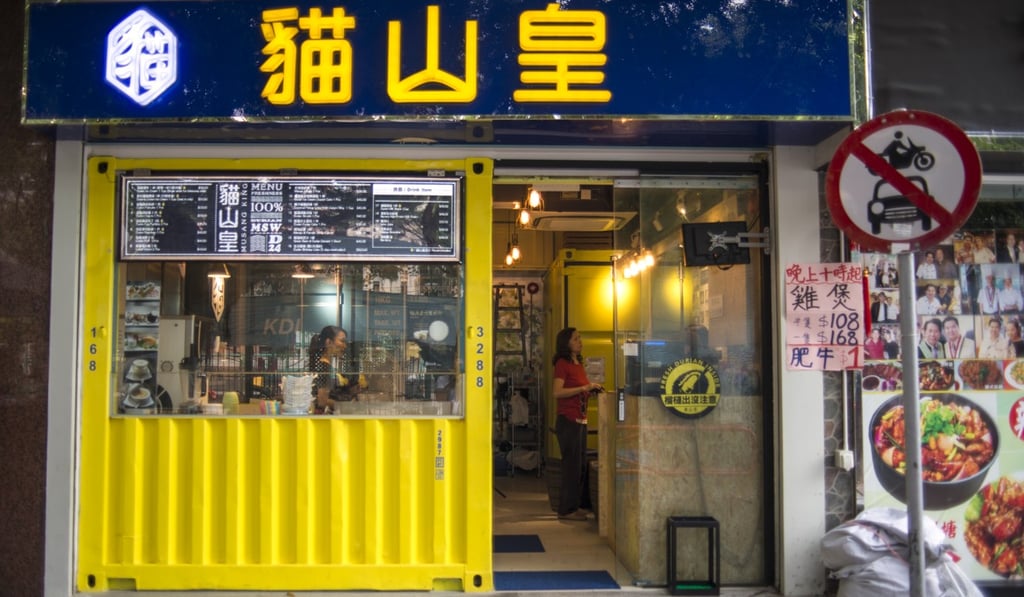Advertisement
Opinion | Durian gentrification: don’t sniff, it’s Malaysia’s soft power plan to become Musang King of the world
- Tasting sessions, orchard tours and Michelin-style marketing: Malaysia has grand plans to elevate the social status of its pungent fruit to that of fine wine
- So far, China’s tucking in, but the West is still holding its colonial nose
Reading Time:5 minutes
Why you can trust SCMP
0

The humble durian has been hitting the headlines ever since China approved the import of flash-frozen whole Malaysian durians back in March. Since then, there has been much speculation over the economic, social and environmental impacts the move will have.
There is great demand in China for durian, especially the premium Malaysian variety, Musang King, which fetches high prices abroad: a 300g box of frozen Musang King pulp can be sold for up to 328 yuan (US$48).
But so far, Malaysian durians still make up only a third of the global market, which is dominated by Thailand. Only 1 per cent of the China market is familiar with durians and the thought of increasing the market share and cashing in on a highly lucrative crop has prompted entrepreneurs in Malaysia to seek investors in plantation management technologies, with the aim of controlling the supply chain and international distribution.

The Malaysian government is working with durian planters to tap economies of scale for a seasonal crop usually grown in small to mid-sized orchards, withplantations some as large as 10,000 acres, while also providing poorer smallholders with seeds to increase their income.
Oil palm growers, who are suffering from a European boycott on their product, are also shifting into durian cultivation.
Advertisement
